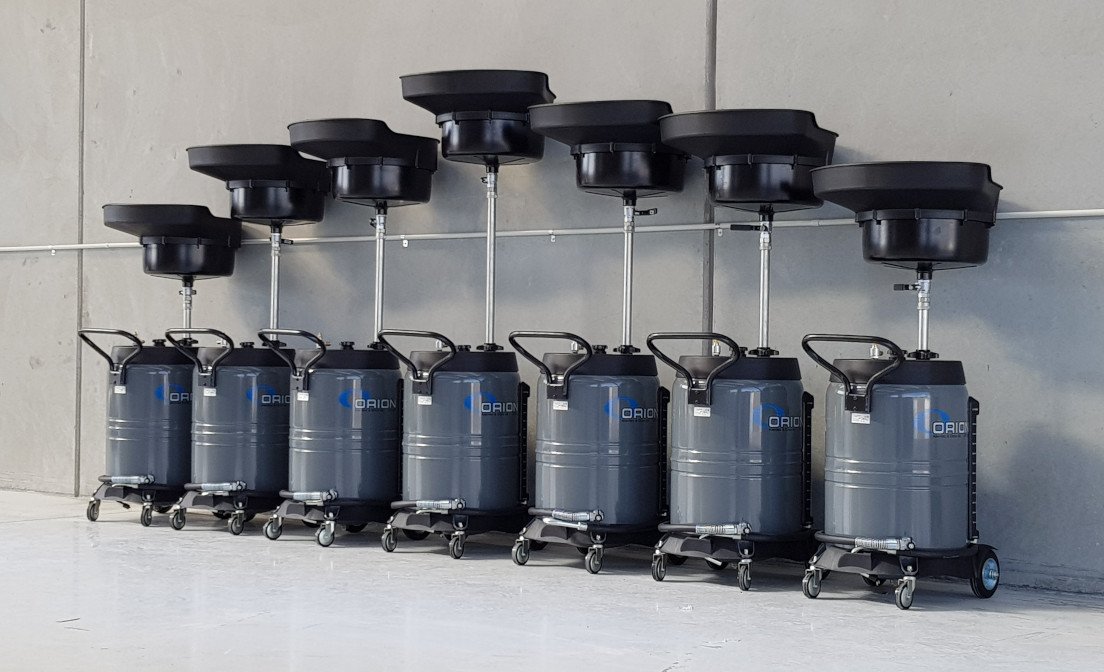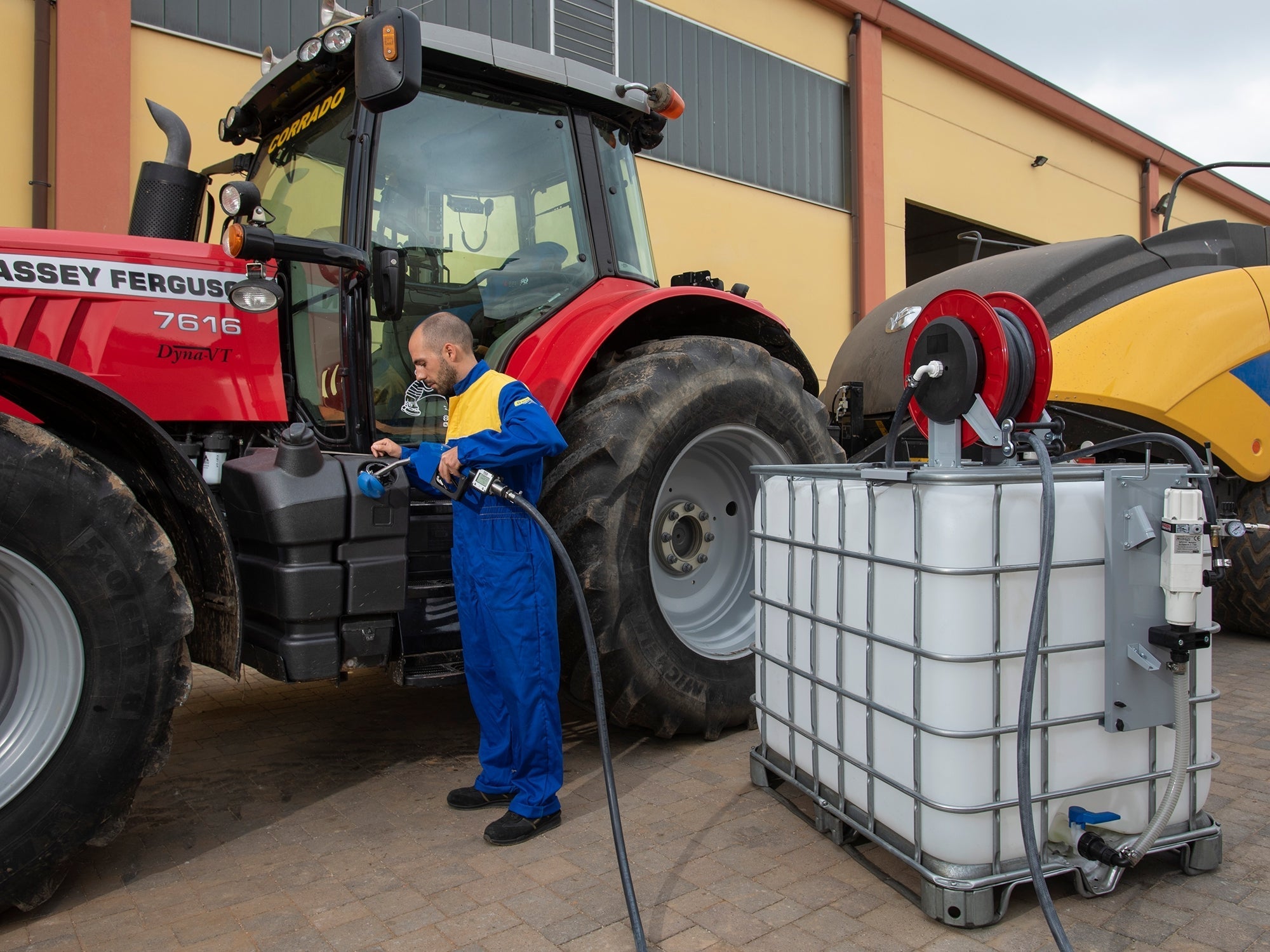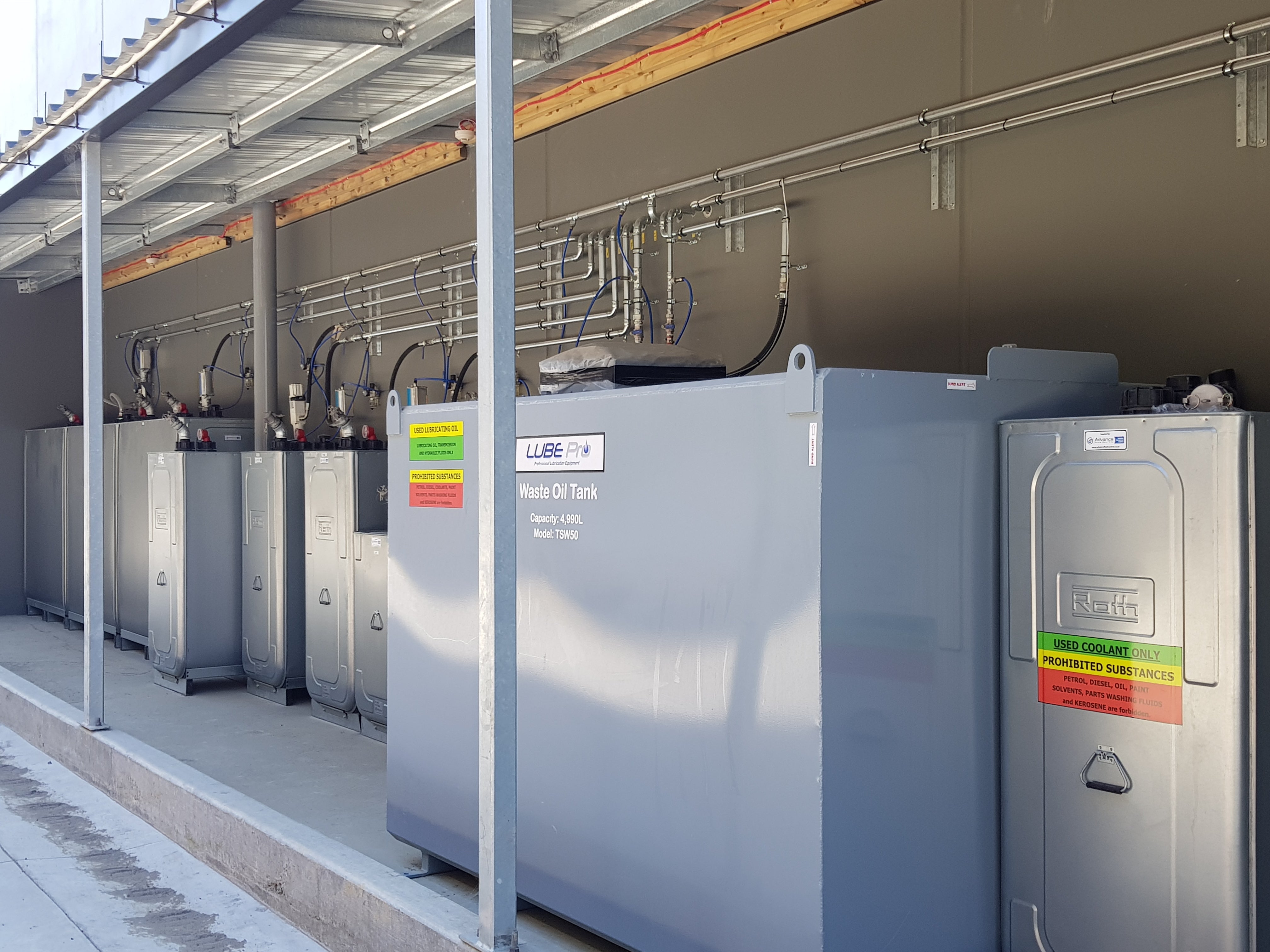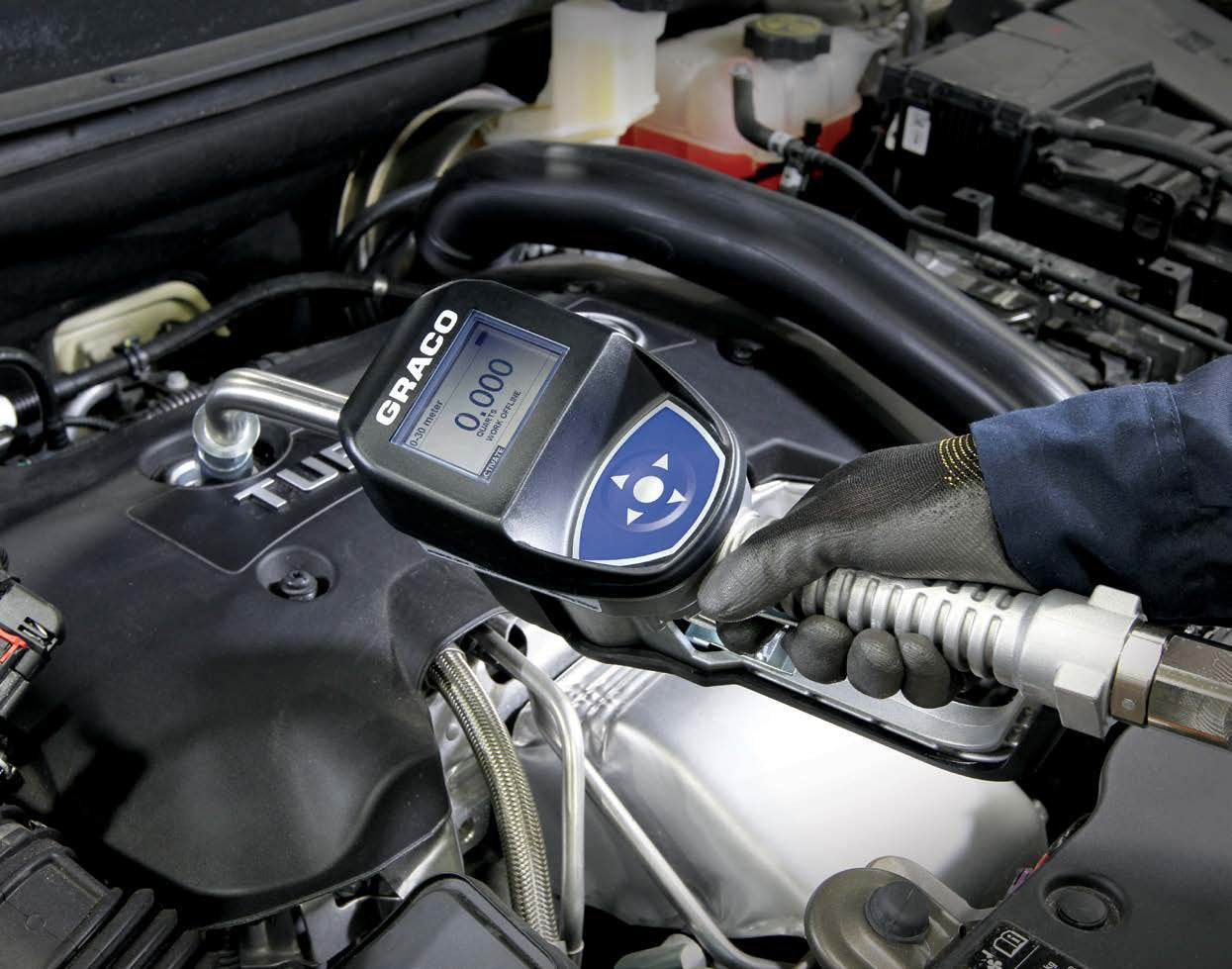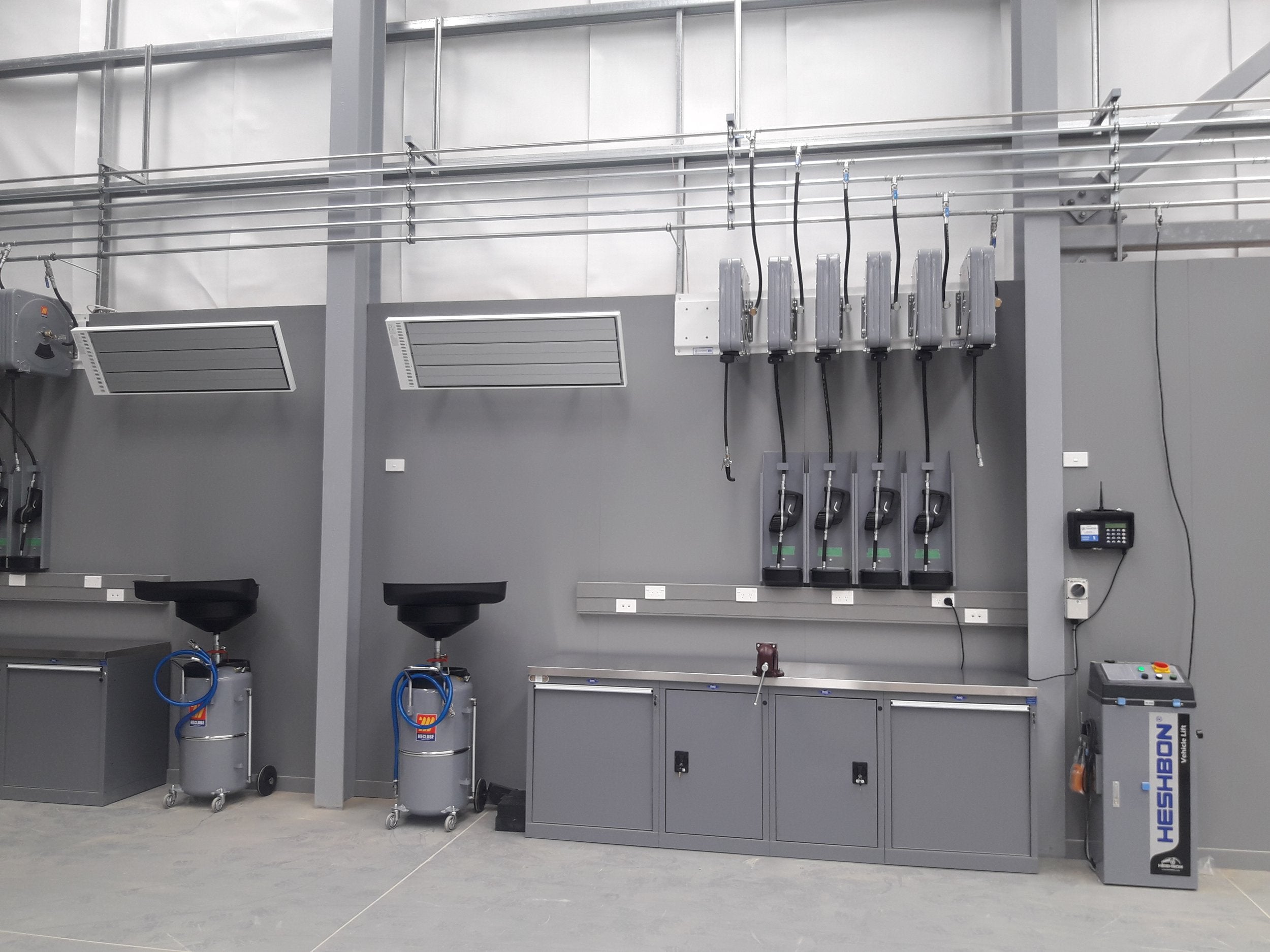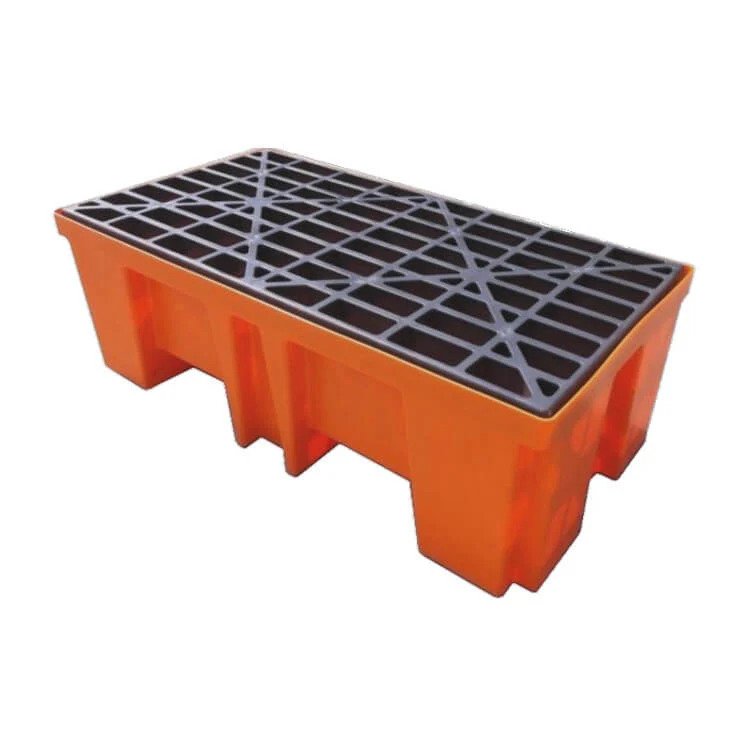It’s easy to assume your oil storage setup is solid until an audit, leak or fine proves otherwise. Oil storage regulations in New Zealand are in place for a reason: to protect your team, the environment and your bottom line. Even well-run operations can make costly missteps. Here’s how to avoid them.
Ignoring Local Oil Storage Regulations (NZ)
Oil storage regulations in NZ are clear, but many businesses don’t realise how specific and stringent they are. Whether you’re storing fuel oil, engine oil, or bulk quantities of lubricants, failing to comply can lead to hefty fines and environmental damage. Stay informed. Always check local guidelines and consult with experts who understand oil storage regulations inside and out.
Using the Wrong Type of Oil Storage Tank
Not all oil storage tank types are created equal. Using a fuel oil storage tank to store waste oil or engine oil can result in leaks, cross-contamination or pressure failure. Review the specifications of every oil storage tank you purchase and make sure it suits the type of oil you plan to store. That means matching the material, capacity and construction of the tank with the oil’s properties and usage.
Failing to Implement Proper Spill Containment or Bunding
Oil leaks aren’t just messy; they’re a compliance nightmare. Concrete bunds for oil storage tanks are often required by law, and yet many businesses either skip them or use inadequate bunding. A proper bunded oil storage system captures leaks and spills before they escape into the environment. For critical areas, install concrete bunds or use tanks with built-in containment features.
Poor Waste Oil Management
Waste oil needs just as much care as fresh oil. Yet we often see open containers, leaky drums and funnels left exposed to the weather. It’s not just bad practice; it’s a legal liability. Invest in waste oil tanks for sale that are bunded and fully sealed. Use a waste oil tank funnel to control transfers and avoid contamination. If you're buying equipment, look for bunded waste oil tanks for sale that meet local compliance standards.
Buying Non-Compliant or Used Tanks Without Inspection
Used waste oil tanks for sale can seem like a bargain, but if they’re not inspected and certified, they can fail and leave you liable. Always ask for documentation. Check for structural integrity, compatible materials and certification against oil storage regulations. Whether it's a used waste oil tank or any other second-hand container, make sure it meets the mark before putting it to work.
How to Stay Compliant Long Term
Compliance isn’t a one-time job. Keep your systems up to spec with regular inspections, bund checks and staff training. Work with trusted suppliers and invest in certified products. When your storage tanks, bunds and accessories meet national standards, you protect your business for the long haul.
Product Highlights
-
Bunded Waste Oil Tanks – Fully compliant, sealed and safe.
-
Funnels & Accessories – Reduce spills and control waste oil transfers.
-
Bulk Oil Storage Tanks – Built tough for New Zealand conditions.
Browse our range or get expert advice on compliant systems.
FAQs
What are the key oil storage regulations in NZ?
They cover tank types, spill containment, placement, signage and disposal. Always check with your regional council for specifics.
Can I store different oils in the same tank?
Only if the tank is rated for multiple oil types and you can guarantee no cross-contamination.
How often should tanks be inspected?
At least annually, with more frequent checks if storing large volumes or in high-risk environments.
What’s the benefit of bunded vs non-bunded tanks?
Bunded tanks prevent spills from escaping, reducing environmental risk and helping you stay compliant.
Is it legal to use a second-hand oil storage tank?
Yes, but only if it meets compliance requirements and passes inspection.
Conclusion
Avoiding these five mistakes can keep your oil storage operation safe, efficient and within the law. Compliance is easier when you choose the right equipment and stay informed. Explore our range of compliant oil storage solutions or speak to our team for advice today.
 is here! Shop now, pay later in 4 easy installments
is here! Shop now, pay later in 4 easy installments
